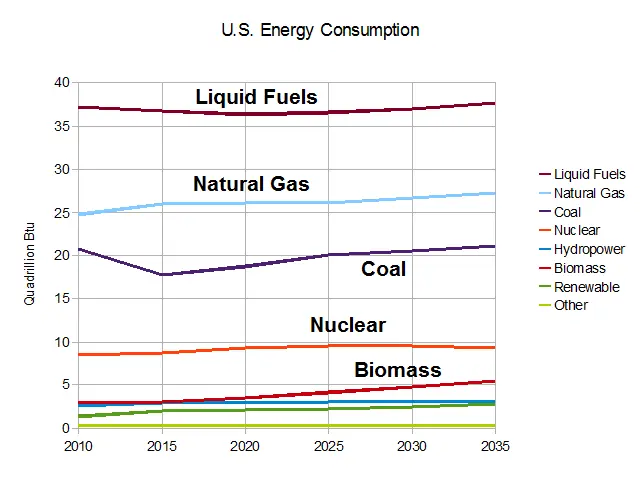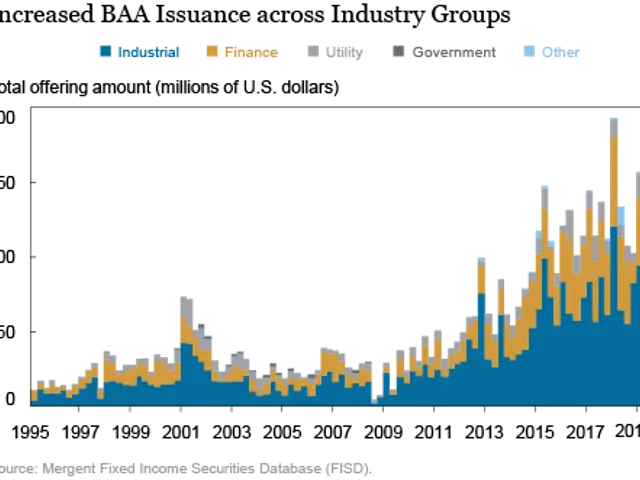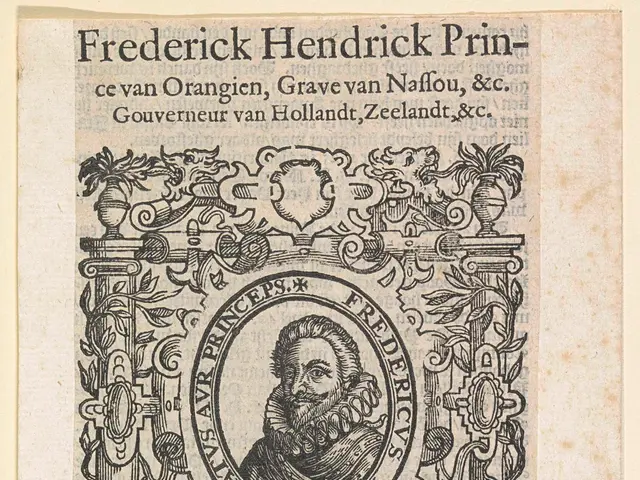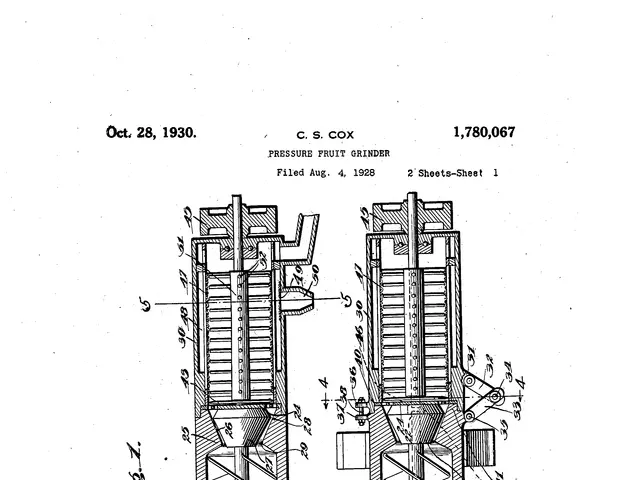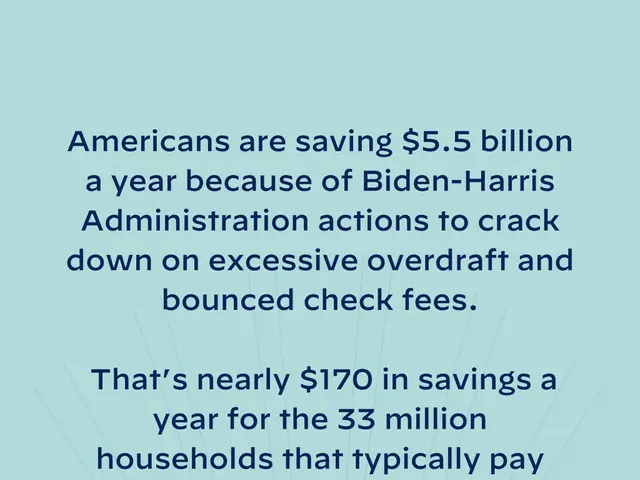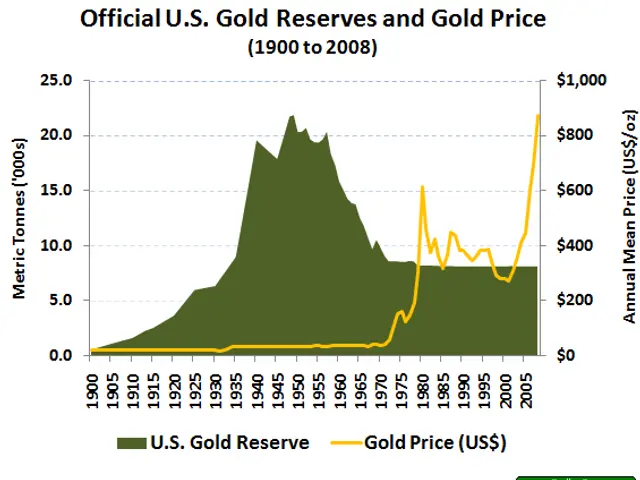Porsche Plans to Shift Final Production from Germany to the United States
Headline: Porsche Mulling Overseas Shift to Evade US Tariffs on German-Made Cars
Social Media Email Print Copy Link
Step into the high-stakes world of automotive manufacturing as Porsche, the renowned sports car manufacturer, ponders a strategic shift that could reshape its production landscape - moving parts of its final assembly from the heartland of Germany to the United States. Sources close to the company tell us that Porsche is eyeing potential assembly steps, such as installing interior components or mounting tires, to be executed on U.S. soil. However, it’s important to note that a Porsche spokesperson has officially refuted these claims, asserting no such plans are in the works currently.
Porsche, with its roots tied closely to parent company Volkswagen, has been reeling from U.S. President Donald Trump’s duties on imported goods. By relocating certain assembly stages to American soil, Porsche could potentially retain its prized "Made in Germany" badge, while appeasing Trump's desire for increased domestic production. Volkswagen, whose U.S. footprint includes various plants, serves as an intriguing comparison in this scenario.
Now, before we dive any deeper, let’s clear the air - Porsche does not currently manufacture vehicles in the U.S. However, the significant 25% tariff slapped on EU automotive imports has placed a notable strain on Porsche's profit margins. Yet, despite these hurdles, Porsche stresses that it has no plans to start building vehicles Stateside, putting it in contrast with fellow Volkswagen Group brand, Audi, which intends to manufacture models in the U.S.
Sources: ntv.de, RTS [Enrichment Data]
- In an attempt to circumvent the detrimental impact of US tariffs on German-made cars, Porsche may seek aid in the form of community assistance for the restructuring of its steel industry, facilitating the shift towards domestic manufacturing of certain car components.
- The ongoing challenges faced by Porsche, resulting from the 25% tariff on EU automotive imports, could be eased by financial aid for the restructuring of the steel industry, enabling the company to realign its manufacturing industry.
- As transportation costs and business implications shift with the potential relocation of Porsche's production to the United States, aid for the restructuring of the steel industry might prove crucial for ensuring a smooth transition, particularly in terms of assembly steps like installing interior components.

